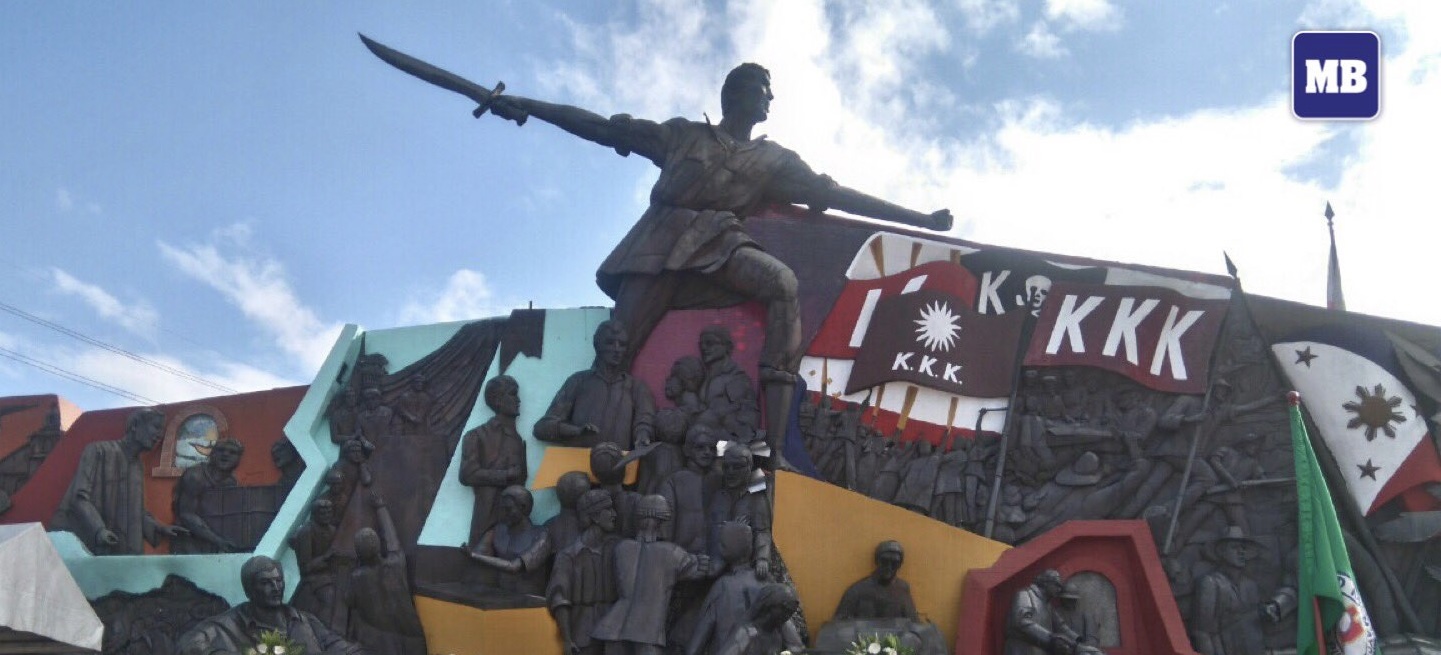Palace: No movement of Nov. 30 holiday
At A Glance
- Bonifacio Day, celebrated every Nov. 30, honors the birth of Andres Bonifacio, a national hero who founded and became the Supremo of the Katipunan which triggered the Philippine Revolution of 1896 against the Spanish colonizers.
Malacañang announced that the Bonifacio Day holiday on Nov. 30, Saturday, will stay as is.

The Office of the Executive Secretary (OES) made the announcement on Wednesday, Nov. 27, three days ahead of the anticipated regular holiday which marks Andres Bonifacio's 161st birth anniversary.
The Marcos administration has reintroduced holiday economics, which became a buzzword during the Arroyo administration. With holiday economics, holidays falling on weekends are moved to the nearest weekday to allow people to spend the long weekend on local tourism.
The upcoming Bonifacio Day holiday is the first weekend holiday this year that Malacañang retained on its original date.
Last year, Bonifacio Day was commemorated on Nov. 27 as part of the holiday economics under Proclamation No. 90 under President Marcos, making Nov. 30, 2023, a working day.
In his message during last year's commemoration, Marcos urged Filipinos to dedicate their lives to the country and emulate the Katipunan leader.
He said he sees the revolutionary leader's heroism in Filipino teachers, medical practitioners, and law enforcement authorities.
Bonifacio Day, celebrated every Nov. 30, honors the birth of Andres Bonifacio, a national hero who founded and became the Supremo of the Katipunan which triggered the Philippine Revolution of 1896 against the Spanish colonizers.
The Tondo-born Filipino hero and his troops launched an armed revolution against the Spanish Empire by tearing up their cedulas (resident certificates) in what came to be known as "The Cry of Pugadlawin."
Bonifacio Day ceremonies are usually held at the Bonifacio Monument in Caloocan and in other places with significance to Bonifacio, especially other monuments of him.